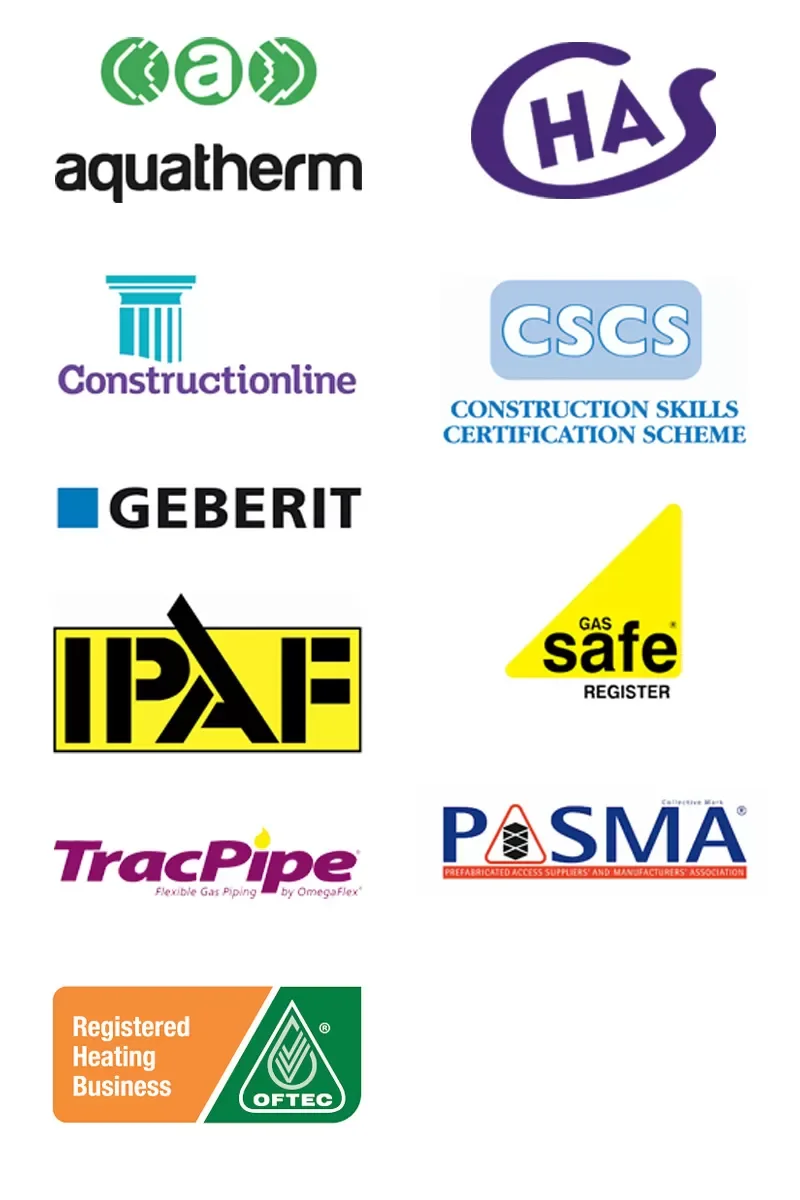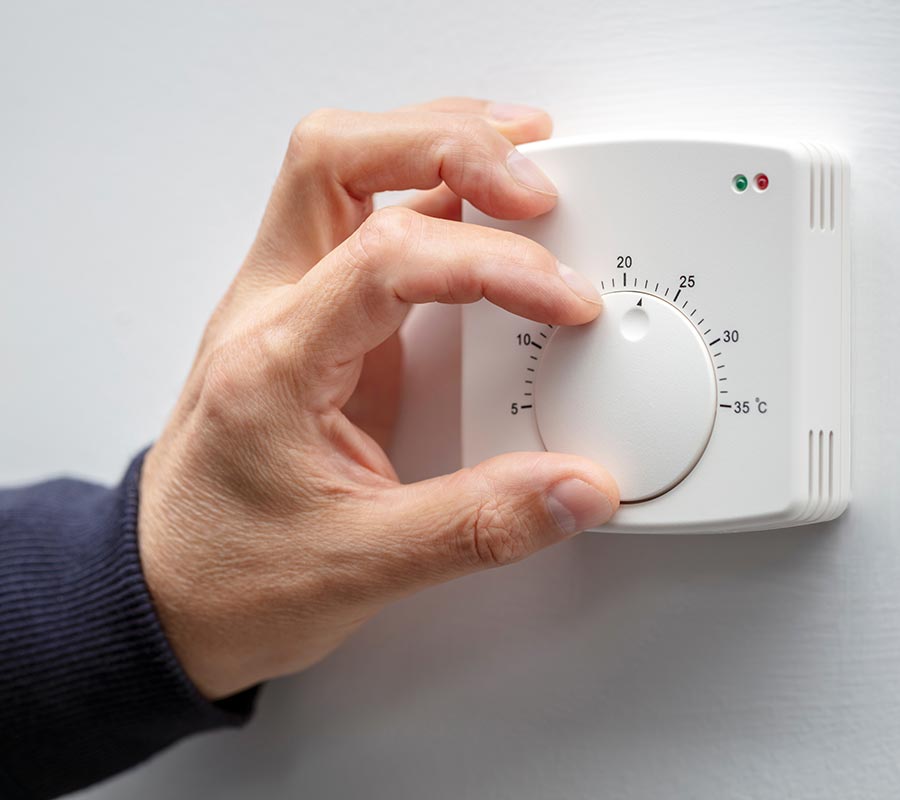
Oil Boiler Installation, Maintenance and Servicing
EMS’s experienced oil heating team installs oil boilers across rural East Sussex, West Sussex, and Kent. Our OFTEC-accredited engineers hold the relevant qualifications to safely and efficiently install and maintain Oil boilers from well-known manufacturers, including Worcester Bosch and Grant. EMS installs, services and maintains domestic and commercial oil boilers across East Sussex, West Sussex, and Kent.
Key Benefits of Oil Boiler Heating Systems
High Efficiency and Reliability
Oil boilers installed by EMS Ltd are highly efficient, converting a significant percentage of fuel energy directly into heat. Many models achieve excellent energy efficiency ratings, making them cost-effective in the long term. Our OFTEC certified engineers offer regular, ongoing maintenance to ensure a long life for your new oil boiler.
Flexible Installation Options
EMS installs Oil boilers in various settings, from residential properties to commercial buildings. Oil boilers come in several sizes and styles, including floor-standing and wall-mounted units, making them adaptable to your unique heating needs. Our experienced engineers can help you understand the differences between System, Regular and Combi Oil boilers.
Energy Independence
One of the main advantages of oil heating over gas is that you will need to store the fuel on your property. Many of our existing Oil boiler customers use this to their advantage. Like gas, oil fluctuates in price; however, unlike gas, our oil clients can store their fuel, enabling them to buy their fuel when the price is low and then store it.
Choosing the Right Oil Boiler
Several important factors must be taken into account when selecting your oil boiler. These include your required heat output, the proposed system’s energy efficiency rating and whether a system, combi or regular oil boiler best suits your home. EMS Oftec accredited engineers are always on hand to help you navigate the various options.
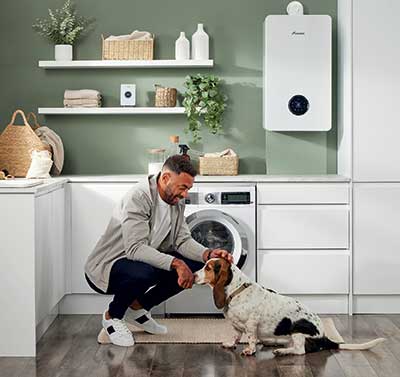
System Oil Boilers
These models work alongside a hot water storage tank, making them ideal for larger homes where multiple hot water outlets may be used simultaneously.
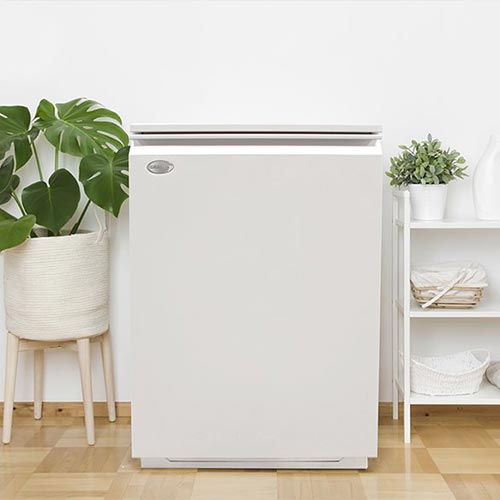
Combi Oil Boilers
Combination (or “combi”) boilers offer heating and hot water on demand without the need for a storage tank, ideal for smaller homes or properties with limited space.
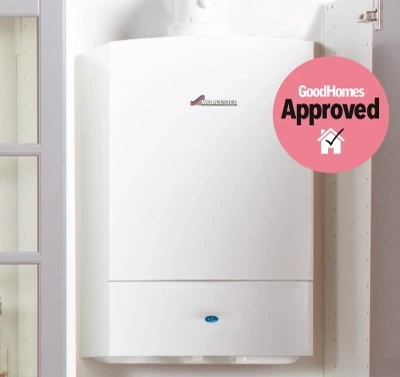
Regular Oil Boilers
Regular oil boilers are often replaced as replacements for older oil boilers as they usually work with the existing central heating system.
Oil Boiler Efficiency Ratings
The efficiency of an oil boiler impacts its fuel consumption, running costs, and environmental footprint. Modern condensing oil boilers, which reclaim heat from exhaust gases, often achieve higher efficiency levels compared to non-condensing models. Look for ratings of 90% or above, as these are typically endorsed by the Energy Saving Trust for their eco-friendliness and cost-effectiveness.
Capacity and Output
Selecting an oil boiler suited to your specific needs is crucial for maximizing performance and energy savings. Key factors to consider include the boiler’s efficiency rating, the required heat output, and whether a combi or conventional system best suits your household.
Step-by-Step Guide to Oil Boiler Installation
Proper installation is essential for safety, efficiency, and performance. Below is a comprehensive guide to the installation process.
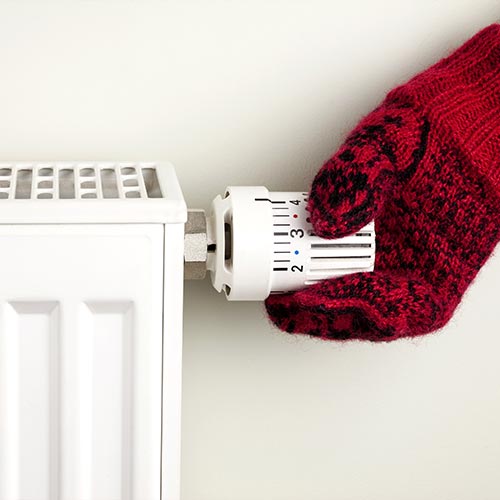
Pre Oil Boiler Installation Assessment
Before installation, an EMS Oftec accredited engineer conducts a site assessment to understand your home or commercial premises layout. This will include assessing boiler placement options and essential safety measures.
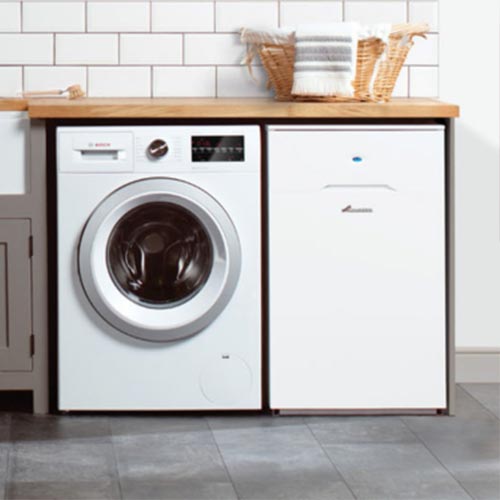
Choosing a Location
EMS often installs oil boilers in utility areas; the boiler must receive ample ventilation, conform to clearance guidelines, and be in a suitable position to perform ongoing maintenance. In some instances, weatherproofing will be considered.
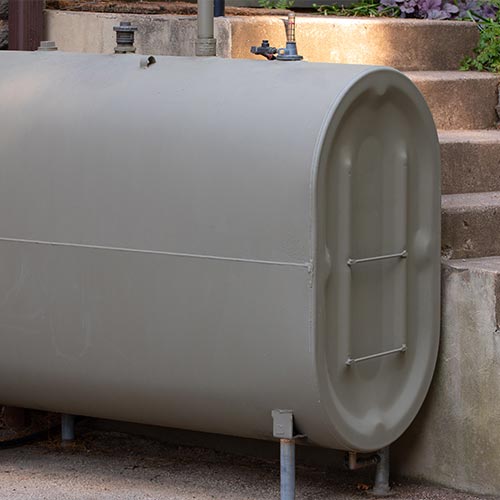
Installing the Oil Storage Tank
The oil storage tank supplies fuel to the boiler and must be positioned according to regulatory standards, typically a safe distance from buildings and boundaries. Tanks are often installed above ground and can be plastic or metal, depending on preferences and regulations.

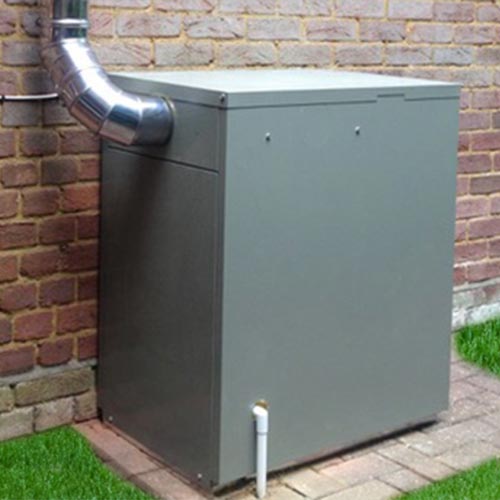
Connecting the Boiler to the Oil Supply
After positioning the tank, EMS installers run a line from the tank to the boiler. This line is fitted with a fire-stop valve for additional safety. Fuel lines are then thoroughly checked for leaks and secure connections.
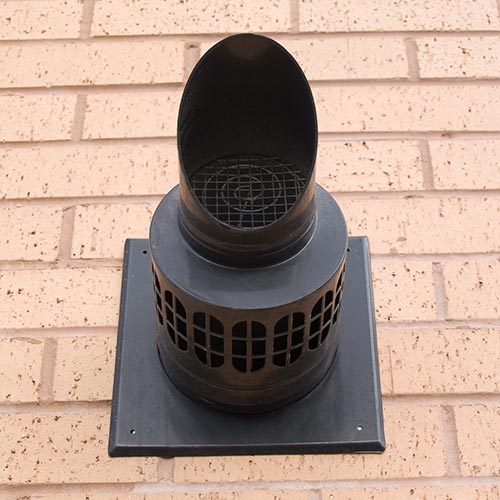
Flue Installation
The flue vents exhaust gases outside. Its installation is dependent on the boiler’s location and specific regulations. Indoor boilers may require vertical flue pipes that extend through the roof, while outdoor units often use horizontal flues.
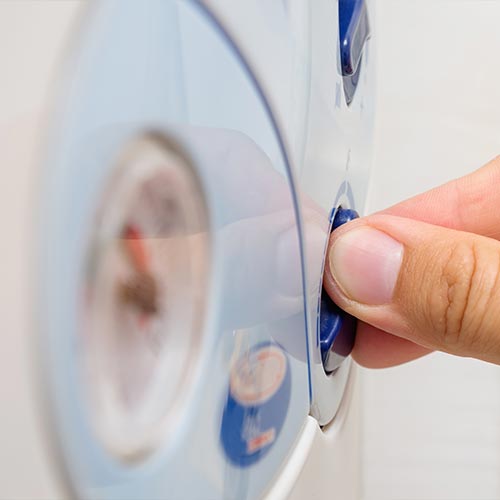
System Testing and Commissioning
After setup, the system undergoes comprehensive testing. Your EMS engineer will check for leaks, verify the flue, and thoroughly asses boiler operation. Following these essential checks, the boiler is commissioned.
Important Safety Considerations

Proper Airflow and Ventilation
Oil boilers require sufficient airflow to operate safely and efficiently. Ensure ventilation grilles are free of obstruction and that vents are regularly maintained.
Carbon Monoxide Detection
Although oil boilers naturally produce lower levels of carbon monoxide than gas boilers. EMS recommends a carbon monoxide alarm to keep you and your family safe.
Regular Servicing & Maintenance
Annual servicing by our Oftec registered oil engineers will ensure your boiler remains in peak condition and continues to operate efficiently and safely over its lifetime; burners, tanks, and lines all need regular maintenance.
The cost of installing an oil boiler depends on various factors, including the boiler type, location, and any additional work required for the storage tank. Homeowners and businesses should also consider budgeting for annual maintenance costs, which can help avoid costly repairs and prolong the boiler’s lifespan. Arrange a free site survey today this will enable EMS Oftec engineers to asses your needs and provide and accurate estimate.
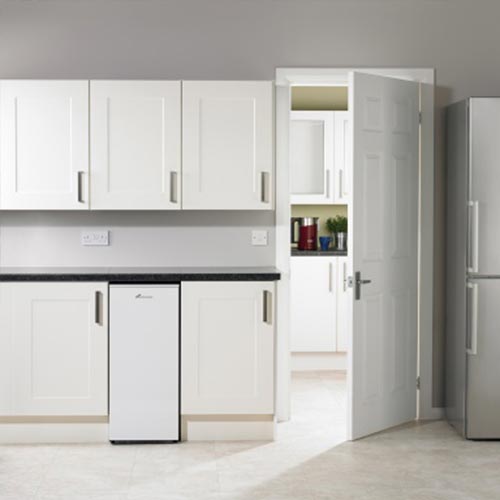
Contact us
Speak with our experienced Oftec engineers and tell us what you need. You can count on EMS Ltd to deliver the best solutions. Based in Pevensey near Eastbourne our qualified team provide Oil boiler installation in East Sussex, West Sussex, Kent and the wider South East area.


Warm Air
Heating

Pipework
Fabrication

HVAC System
Design

Commercial
Gas Design

Commercial
Boilers
Oil Boiler
Installation
Oil Storage
Tank Installation
